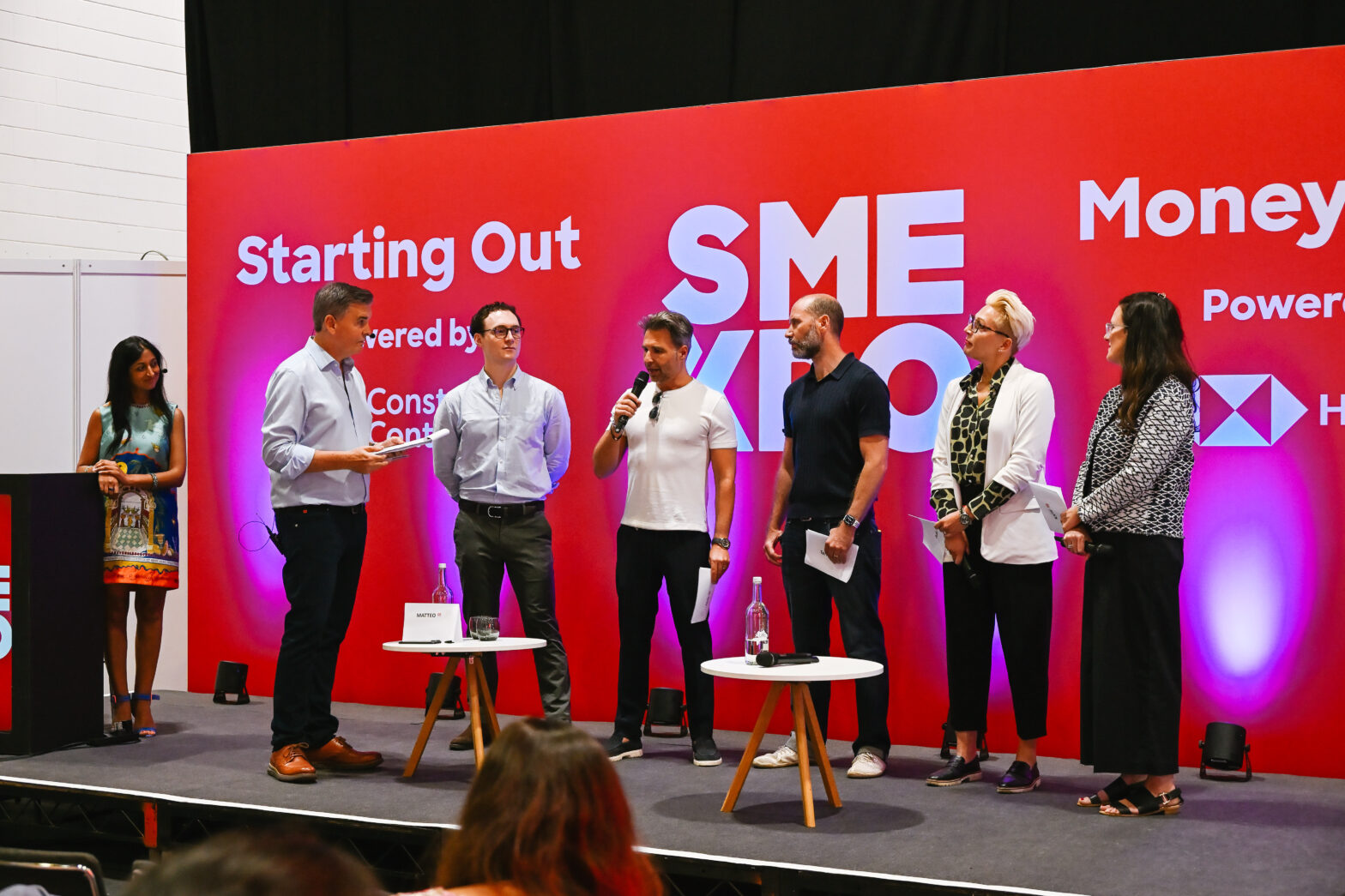Chatting to the CEO of a global retail business late last year about them rediscovering their innovation mojo found us talking about failure. She thought they needed help to “remove the fear of failure”.
I said the opposite – in the retail sector, more than any other, everyone should be very afraid of failure. Paranoia would be appropriate. We agreed she had fallen into a lazy view with a clichéd phrase. What they actually needed was to create permission to experiment; to understand how to create cheap, fast experiments and how to maximise the learning that results from them.
Experimenting is an advantage entrepreneurs have over the big corporates. Being un-encumbered by having money, time, brand equity, resources, or expertise should mean experiments to test a proposition are cheap and quick, risk free and with learning that’s easily understood by everyone involved.
Experimenting is also more important to entrepreneurs than big corporates.
Failure in a large business can mean a stalling career, but rarely the sack. It can mean reduced business performance but usually in percentage points, not total business failure (despite my winding up the CEO described above). It can mean wasted resource, but from a rich pool.
For a founder of a young business it can mean losing their life savings or putting their home at risk and putting personal relationships to the test.
So early experiments to test out your target markets’ view of a proposition are essential to validate the decision being made to set up a business. Ideally before a meaningful dent is being made in your lifestyle and before being beholden to incoming investors. We see too many entrepreneurs that have an idea and blind faith that someone will care about it. Sinking their capital into a bottomless pit of building a solution for which they have not proved a market need.
Beyond exploring propositions, experimenting and learning are also a useful lens through which to view the founder’s journey. Let me tell you a personal story…
In my late twenties, I was fortunate to have a big job in a big company, along with some savings from a couple of property deals. Before deciding corporate life was not my bag.
I couldn’t ignore an idea that had been eating away at me to set up a chain of branded flower shops (this was the early 2000’s – retail was still an interesting sector!). Two years later I’d given up two years’ salary, tens of thousands of savings, flogged my guts out, built one shop, a website and a corporate business. Just to get to a conclusion that there were many reasons why the UK didn’t have a multi-site brand chain of flower shops. And the potential returns (less than in my business plan) where not commensurate with the risks (more than in my business plan). So making the hard decision to stop pursuing this dream and to sell what I had built.
I was lucky – selling elegantly enough to make sure everyone was paid up, and putting a few quid back in the bank. And very lucky to have made two other investments at the same time, which paid out quickly and at very high returns.
But as soon as I made the decision, I felt like a failure. Hearing the whispers ‘I told you so’, ‘it was never going to work’, ‘why would you?’. I’d even written a column in the industry bible, ‘Retail Week’, so the story was as public as it could be in my industry.
Over the next few years hindsight provided clarity. It was the most useful two years I’ve had in my career. Much more so than any corporate management development programme and I understood more about myself and my capabilities than ever before.
I should’ve taken a less corporate, more experimental approach to understanding the flower market – that would have saved time and cash. But I have never regretted the experience, which opened many opportunities. I become an innovation consultant helping large business all around the world. And simultaneously a venture capitalist with a (unfortunately rare) empathy and understanding for what really makes a successful founder and the hurdles to overcome.
You might see others, but I see four take-outs from this tale:
1. Control the downside
Really understand how much you and the loved ones around you are willing to risk.
2. Run quick and cheap experiments on your proposition
Test your assumptions on the market, on the need you are looking to satisfy and on price as much as you can before you or others commit significant capital. (By the way – the book I wish had been published before I started a business is The Lean Startup by Eric Ries. A bit biased to technology propositions but the principles are applicable for any new business.)
3. Embrace the learning mentality for you as an entrepreneur
Regardless of whether your business idea ‘fails’ (most do) or succeeds, make sure you examine and articulate the learnings that you have taken. These are the priceless return on the effort you have made and the risk you have taken.
4. The sky does not fall in
The UK is not as celebratory of entrepreneurial ‘failure’ as, say, the US. The media world over fixates on the exceptional stories of success. But beyond that there is fascination, interest and certainly no shame in the entrepreneurial journey regardless of whether is ends in riches or a plan B.
Related: Failure is an option – and part of a business’ evolution





